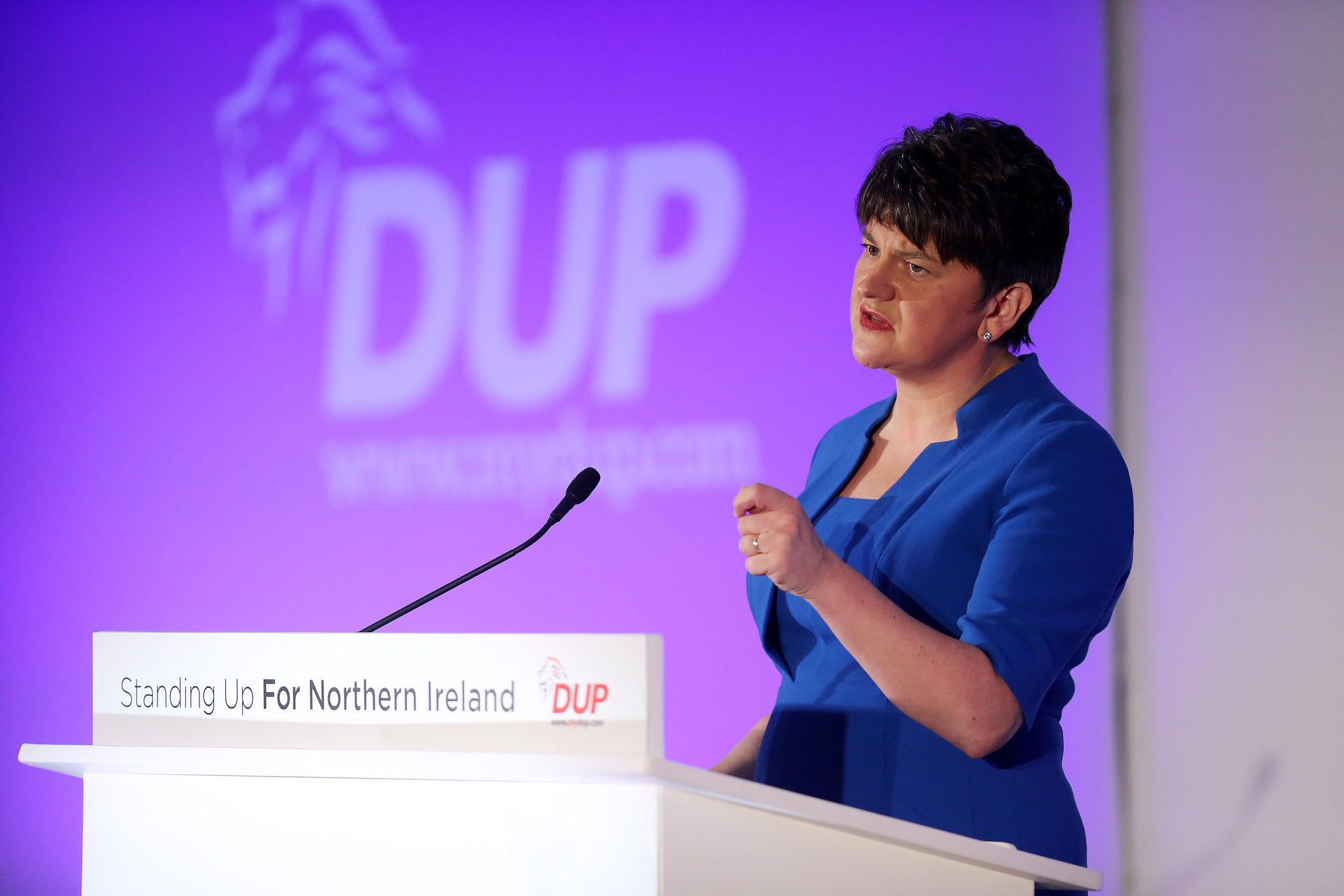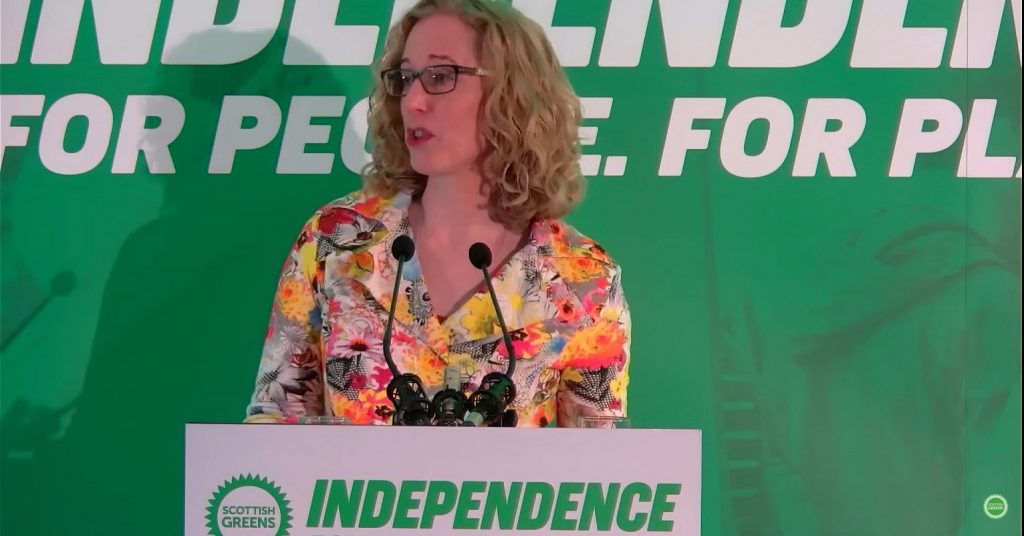Brexit still poses unanswered questions for Northern Ireland

I generally spend many minutes of the day in a state of deep frustration over the chaos that is Brexit, in particular the perilous possible effects on Ireland, both North and South.
Even before the Troubles, since partition trade across the border could be a cause for contention and come the Troubles the border was a tight military checkpoint with many roads being formally closed. More recently, for the first time in almost a century, the border had become what it should always have been: a seemless, accessible line defining nothing other than spectate jurisdictions.
Brexit threatened the nature of that border, the trade and continues to unravel decades of hard-earned easing of very nasty tensions between islands and between Irish and British nationalists in the North.
But let’s not overdramatise. The memories of bloodshed and gross sectarian sentiments are still potent enough to keep the population from getting physical over these misgivings. But what probably annoys many people over the border issue is two-fold. Firstly, the Brexiteer’s flat out ignorance of the obvious issues Brexit would cause in Ireland and the audacity of some amongst their number to imply Ireland brought the problem upon themselves (remembering Northern Ireland’s 56% majority voted to remain).
Secondly the fact that the UK government seemed equally as unconcerned whilst being propped up by a hard Unionist Northern Party, the DUP, who are being labelled in Britain as the voice of Northern Ireland. This being the same party that consistently ignores Northern Ireland’s Remain result in the referendum and yet makes the claim that NI doesn’t want to stay in the customs union. To top the original result a recent survey by local bipartisan magazine Slugger O’Toole found that most of the DUP’s Protestant/Unionist voters would concede some change to Irish Sea crossings for a lack of change to North-South travel. As anyone who makes the journey between Britain and Ireland (North or South) will account for, there are already restrictions both for personal travel and trade. I have crossed the Irish Sea more times than I can count. Sometimes to or from Dublin, sometimes Belfast, by air or sea. In both cases I could not travel without both an ID check and even a basic baggage search (or at the very least sniffer dogs at the port).
It should surprise no one then that across Ireland, North and South, many of varying political opinions are delighted that the Taoiseach (Irish Prime Minister) is beating the drum as loudly as possible on this but also frustrated that it has come to the Irish Government to push this and not from within the British Government already to acknowledge this forefront issue.
Now after much campaigning from Mr. Varadkar as well as many other political voices in the North with less influence than either Varadkar or Foster, a deal of sorts has been struck with the promise that there will be “no hard border”. Whilst this is a significant relief it still leaves room for worry over the exact nature of the currently still seamless border that appeases many would be hard Irish nationalists.
There is still too much ambiguity in how exactly the border could change. If there is no special status for NI then how can a frictionless border be maintained? Where will all this lead the attitudes of political moderates in NI? What happens in the event of the No Deal scenario?
For the time being most people, even the DUP, law unto themselves though they are, seem aware that the nature of the border as is is worth maintaining. But even the well versed pro-Brexit commentators, such as Peter Hitchens, acknowledge that this is an extremely difficult task without any clear answer. This and the fact that it has fallen to the Irish Republic to harshly remind Ms. May that she and her government can’t just “wing it” with Brexit and with Ireland is stirring the sleeping giant of Irish nationalism.




Leave a Reply